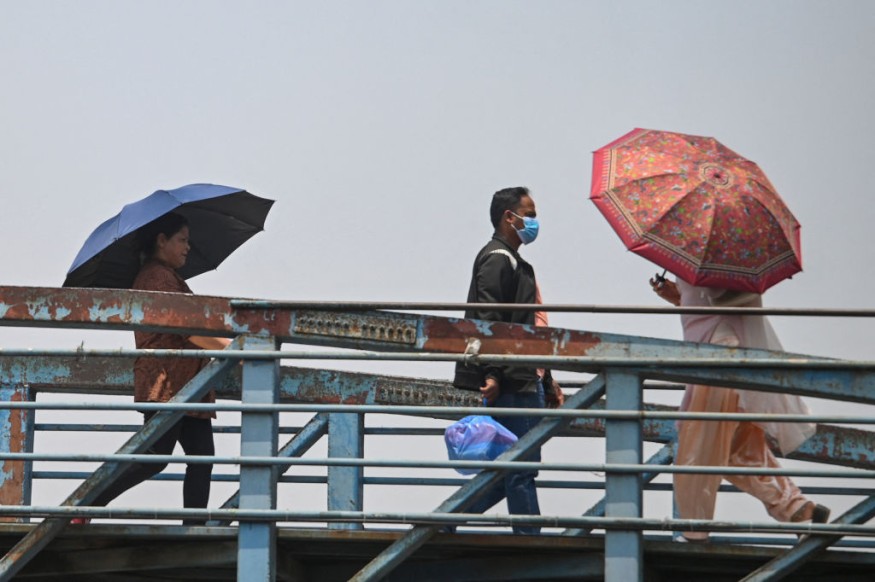Nepal has experienced raging wildfires blamed for climate change and heatwaves, according to reports. To prevent devastating damage to communities and wildlife, emergency personnel worked around the clock to extinguish the fire.
Nepal is no stranger to deadly wildfires due to the widespread effects of climate change. The country has also suffered from heat waves, which exacerbate the problem.
Recent Nature World News (NWN) reports have shown that climate change can lead to extreme weather events, such as the following:
- drought
- wildfires
- storms
- scorching heat
Due to warmer temperatures and strong winds, deadly fires can become more common.
As a result, effective monitoring and wildfire control are both essential to potentially reduce the fire impacts, particularly on forests and wildlife.
Wildfires in Nepal

According to a report, the outskirts of Nepal's capital reported devastating wildfires. The forecast warns that the fire could worsen due to climate change.
To mitigate the fire, firefighters and emergency personnel helped to prevent the rapid spread of fires in the Latitpur, located in the southern portions of Kathmandu Valley.
Local reports showed that the country recorded challenging heat, warning residents of heat-related health concerns. Residents should keep updated with the symptoms of heatwaves, which could be life-threatening.
Heatwaves are also blamed for the country's raging fires. Records show that about 4,500 wildfires were reported, which is higher than last year's data. The wildfires can likely exacerbate this month, which could be more challenging for people in difficult terrain.
Furthermore, the rapid wildfires have significantly spread due to drought concerns in the country. The dry vegetation is favorable for potential fires, which could be intense.
In Southeast Asia, previous report highlights the scorching heat exacerbated by El Nino and climate change. The extreme heat raised alarms, which could potentially set new records.
In Vietnam, a recent report shows that the country struggled against the heatwave impacts, causing the mass die-off of fish due to rising temperatures.
Heatwave Preparedness: How Can People Stay Safe?
As hotter temperatures affect parts of Southeast Asia, people are vulnerable to heat-related health risks, including heat stroke and heat exhaustion. People should keep updated with the latest weather reports or heat forecasts to avoid prolonged exposure to heat.
People with medical conditions, those without cooling systems, outdoor workers, older adults, children, and pets are at risk of heat-related concerns. Limiting outdoor travel is the best option to keep safe from the scorching heat.
Additionally, staying hydrated is important, particularly for outdoor workers. If any family members show signs of heart illnesses, it is best to bring them to local centers or hospitals immediately.
Related Article : Asia Is Heating Up Faster Than The Global Average, UN Report Says
For more similar, don't forget to follow Nature World News
© 2025 NatureWorldNews.com All rights reserved. Do not reproduce without permission.





